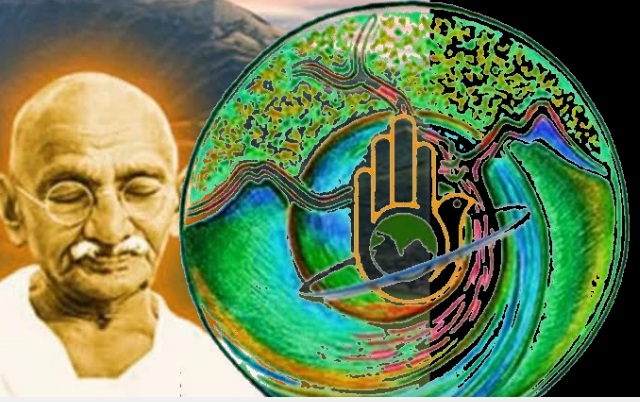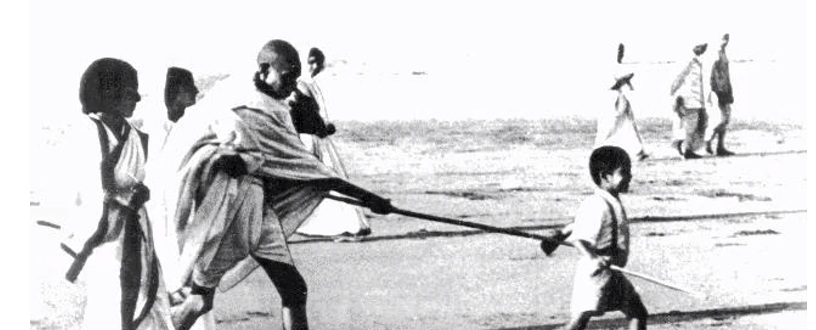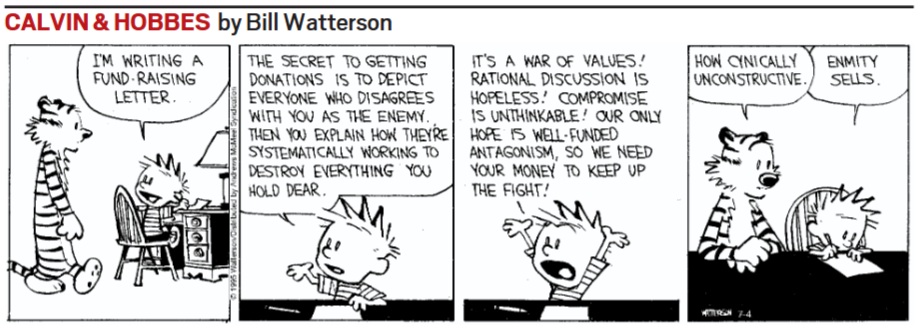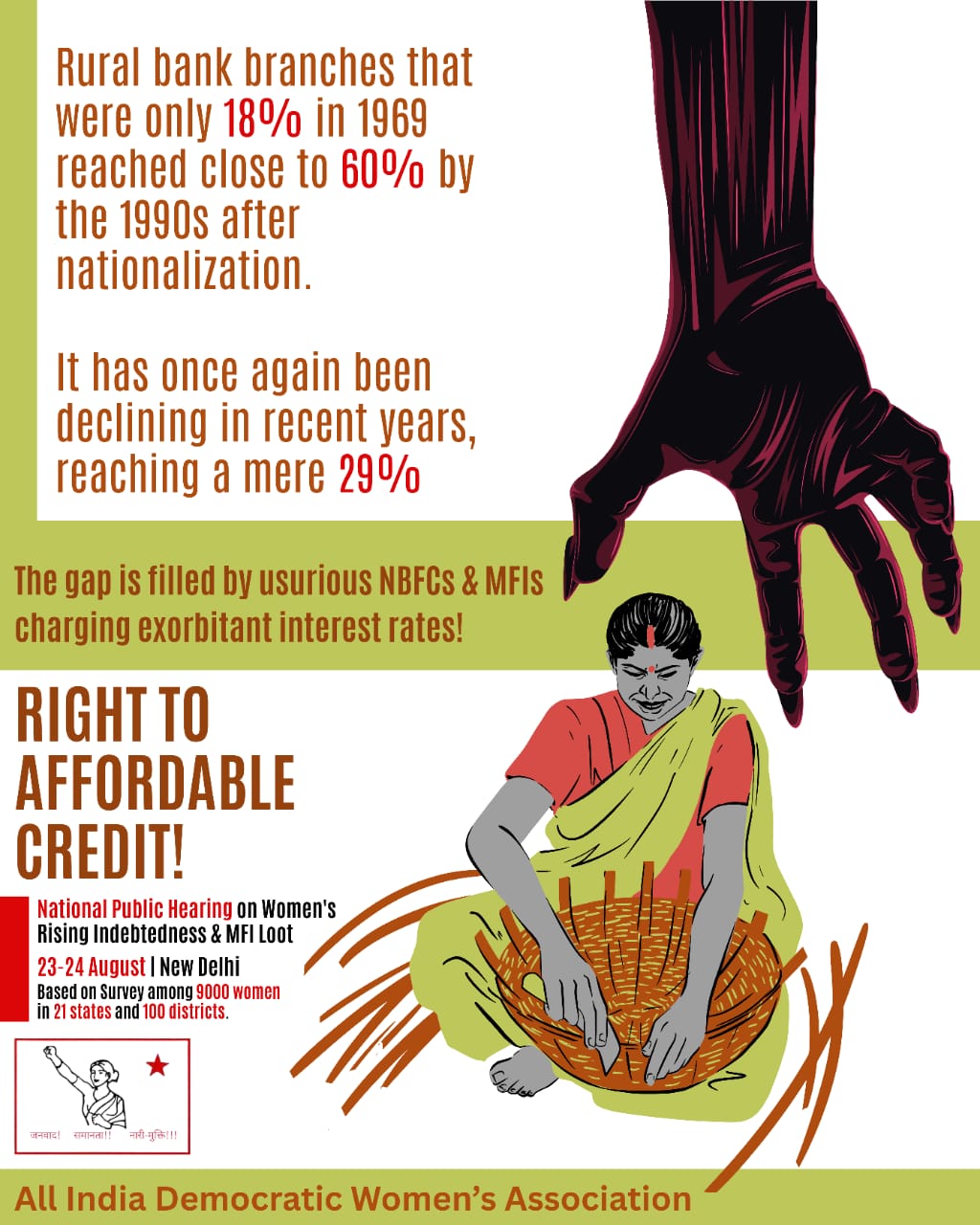
Ahimsa -- born out of the burst of stars..
Mahatma Gandhi Ahimsa https://www.youtube.com/watch?v=OBHi1j6XRAU  Singer: Dr K J Yesudas Music : Ricardo Barrantes, Peru
Singer: Dr K J Yesudas Music : Ricardo Barrantes, Peru
ahinsa
can you leave your fears behind
open are the amirs of your mind
here I stand
between the Cleaves
of night and days
the bridge of easy dreams
a journey of my soul
to reach the endless kind
Ahinsa
living fires and Silent Stones
whispering still
Ancient Memories long time gone
can you recall beyond your eyes
and hope born out of burst the stars
the drift across the sky
A million years ago.
Celebrating Gandhi, Ambedkar and Bhagat Singh https://www.youtube.com/shorts/nPwCVB8LGU4

Can Saying ‘Anything’ Get You in Trouble? The Free Speech Debate
https://www.youtube.com/watch?v=BbXHeM1D68Q Saying "anything" can indeed get you in trouble, depending on context, intent, and legal boundaries, even in societies that value free speech. The free speech debate hinges on balancing individual expression with societal harm, and here’s a breakdown of why this matters:
1. Legal Limits to Free Speech Even in countries like the U.S., where free speech is strongly protected under the First Amendment, there are exceptions where words can lead to legal consequences:
Incitement to Violence: Speech that directly encourages illegal activity or violence, like Brandenburg v. Ohio (1969), can lead to prosecution if it’s intentional and likely to produce imminent harm.
Defamation: False statements that harm someone’s reputation (libel or slander) can result in civil lawsuits. For example, knowingly spreading lies about someone’s character could land you in court.
Threats: True threats, like saying “I’m going to kill you” with apparent intent, aren’t protected and can lead to criminal charges.
Hate Speech (in some jurisdictions): In places like Canada or the EU, speech targeting protected groups (e.g., based on race or religion) may be restricted if it incites hatred or discrimination. The U.S. is more permissive but still debates this.
Women Charge Sheet the Union Govt, RBI, NBFCs and MFIs
Women Charge Sheet the Union Govt, RBI, NBFCs and MFIs https://www.cenfa.org/massive-public-hearing-of-women-charge-sheet-the-union-govt-rbi-nbfcs-and-mfis/ women borrowers of the country face harassment, including sexual harassment, displacement, loss of property, and are sometimes driven to suicide because of the debt traps that are set by these organisations.
 Charges against the central government : Falling expenditure on education, health, and employment generation has forced women to take individual/group loans for their needs.
Charges against the central government : Falling expenditure on education, health, and employment generation has forced women to take individual/group loans for their needs.
Even though the number of small women borrowers is increasing, their access to loans from public sector banks is declining because of the policy emphasis on privatisation of the banking sector and promotion of MFIs /NBFCs /SFBs.
Robbing Women to loan to corporates: While small savings account form the bulk of deposits in public sector banks, loans below 2 lakhs has gone below 7%, whereas loans above 100 crore is 23%. Scheduled banks lends 187L crore to others, out of which 60% is to NBFCs for onward lending to Women, who pay 22-26% interest, which the FIs get at 9-13 %.
Abetting Suicides Due to Debt Traps
According to NCRB, 671 women committed suicide due to indebtedness in 2022. Every suicide and cause are not reported to NCRB.
https://www.youtube.com/watch?v=jjbQeuE3hGk
Page 1 of 51
